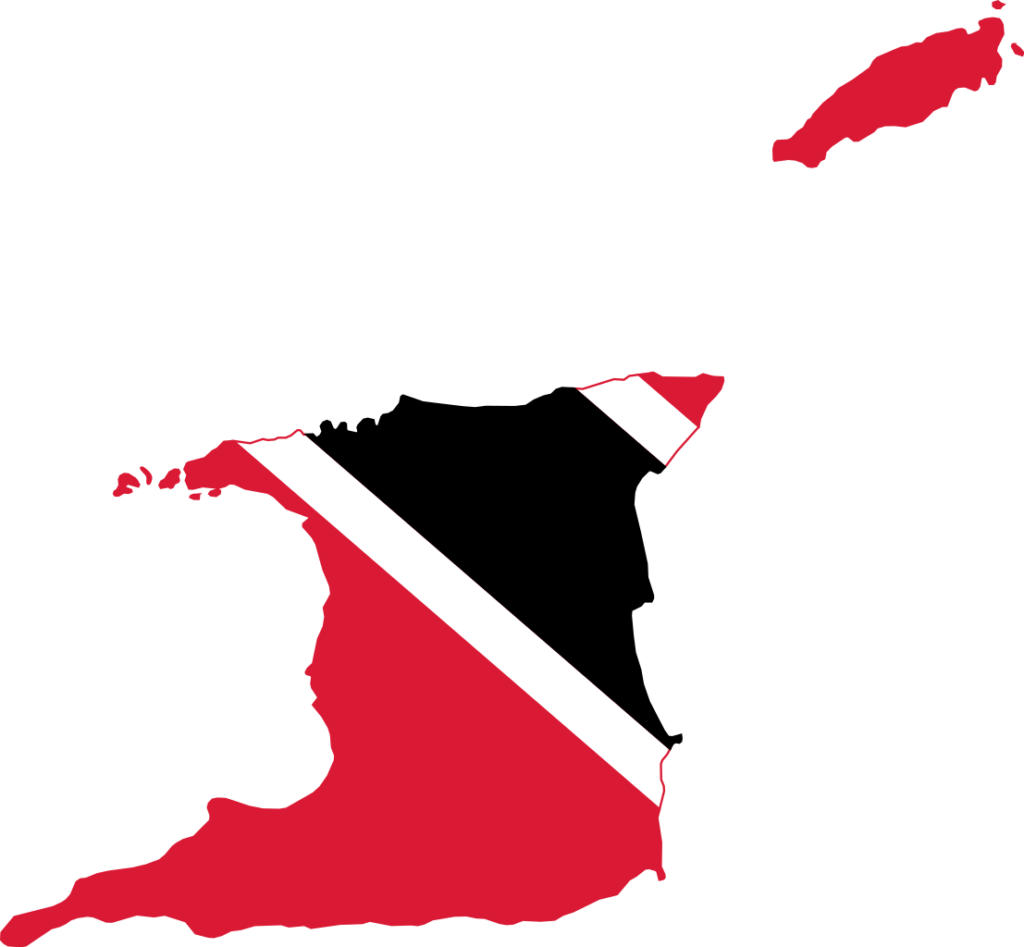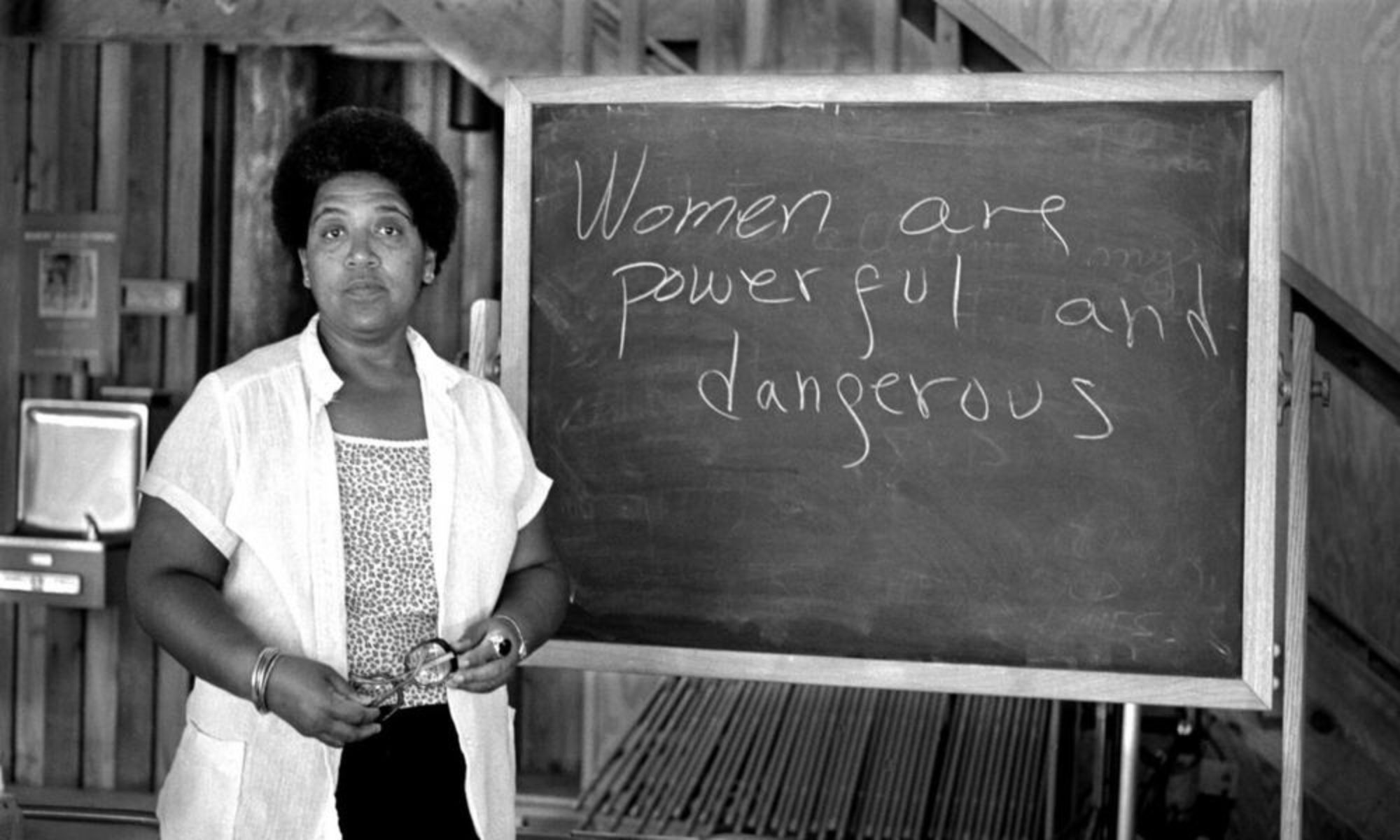I interviewed my mom because she grew up in the 70’s and 80’s in Trinidad and Tobago and she had a rich and memorable childhood.
Question: What were the early years of your childhood like?
Answer: I was born in the sixties and I started elementary school I think in 1968. Prior to that I guess when I was four it was customary to go to a little local school but it was held at somebody’s home where they would teach little kids. After that I went to what we called “infants”. I guess that would be like pre-k here. I had two brothers and my mom. My mom is from a family of eleven siblings so we had a lot of cousins, aunts, uncles and more or less a lot of the things we did were centered around visiting family members, going to the beach etc. We loved going to the movies. Movies were a big thing in Trinidad. You never saw one movie, you went to see a particular movie, but it would always be paired up with another one so you got to see two movies at a time. I went to Catholic elementary school. In Trinidad the population is very diverse so I had always had classmates of every race and we were from different socio-economic backgrounds. My mom was a nurse my dad was a police officer. Everyone at school got along very well. We would walk together to and from school. We would go home for lunch we always had hot lunch and we would visit each other’s homes sometimes.
Question: How was high school life like?
Answer: I attended high school from 1975-1982 and I got into a very good high school. In Trinidad junior high and high school were combined. We learned to play lawn tennis, netball, field hockey, rounders and we liked to ride bikes. Every school had a school bazaar. So when I entered high school we would all go to the prestige school bazaars. We would be so excited to make and sell artwork for our school. We would make and sell candies and cakes for our school. We would have a horror house and we could pay twenty five cents to pet animals. We had crazy wire where you would have to pass a hoop through a wire without touching the wire. What was big also was sports days. We used to practice a lot for sport day. Everybody had to march and back then I was fairly athletic and I participated in many races and won medals. The entire school was always involved in sports day. Sports day was a huge event for all schools. It was wonderful and your parents would come to see you participate if they could. Also we would have parties where the whole class would attend. Some of my classmates were from more wealthy families so they had pools and large spacious homes and yards. Sometimes the wealthier classmates would host parties at night and our teachers would come to the parties along with us to supervise. When I got to be an upperclassmen which we call sixth form my teacher cooked and invited us over at Christmastime and it was lovely. Now I know how lucky I was. School back home was beautiful. I was on the science track my brother who attended Queens Royal college was in the literature track. We had excellent labs much better than here. Public education was very good back home. The catholic church contributed one third of the expenses and the government contributed the other two thirds. We do not have separation of church and state like here so we prayed at school and during school every morning we would pray and sing. The nuns would play the guitar and we loved singing. Those are some of my best memories in high school. Most schools were divided into different houses. In my school the houses were named after the saints. So we had Saint Dominic, Saint Catherine, Saint Albert and Saint Rose. When we had sports day we would compete against each other. Although we studied chemistry physics and biology we also learned how to sew, cook and bake. We learned music and how to play the flute, guitar, steel pan and other instruments.
Question: What was the political climate like?
Answer: Trinidad became an independent country on August 31, 1962 so I was born into a independent country. Prior to that we were under British rule and prior to me being born people got British passports. Of course I was born into an independent Trinidad so I got a Trinidadian passport. The political climate was very stable, we had a big sense of community and we helped each other. The only time when things got a little bit shaky was in the early 70’s. I remember I was small, I don’t remember the year but there was the black power movement and I remember hearing that the protesters were going into the churches and painting all the statues black. But I don’t think so much that they painted them black I think they covered them in black because all the statues in our churches had like white features and white skin. One of the main protesters right here in the U.S with the Black Panther movement was Stokley Carmichael and he was born in Trinidad and Tobago. Even though our climate was stable we knew what was going on in the U.S and we did have an attempted coup around that time but it wasn’t successful.
Question: What was popular at the time?
Answer: At the time it was popular to go to the beach for recreation, to visit family members, Christmas is huge and on boxing day we would visit friends and family and at Easter time we would fly kites.We always have Carnival and we used to go to kiddies carnival which is held on the Saturday before the big Carnival. We attended panorama which is the steel band competition. We would go Carnival on Monday and Tuesday and we all had a fantastic time.
Question: What were you planning for?
Answer: Although I wanted be a doctor because I was always good at the math and science now I realize I wouldn’t want to be a doctor. I don’t want to be in that sterile cold environment.
Question: What did you wear?
Answer: I remember in the seventies we started wearing hot pants which are very very short pants and bell bottoms and platforms. Then after a while we went to what we call gun mouth pants. Those are what they call skinny jeans today because the mouth of the gun is small. Every student wore uniforms to school in Trinidad. If someone saw you on the street just by your uniform they could automatically tell what school you went to. Each school had their own badge and their own tie. Now books are totally free, meals are totally free it wasn’t in those days. You had to buy the books.
In the Caribbean we had what we called The Common Entrance Eleven Plus Exam. So when you were eleven or twelve everybody in the island had to take the exam on the same day and that was how you would compete to go into the competitive high schools. The process was more equitable than it is here because here there is an special exam for the specialized high schools but not everybody learns what is on that exam. But back home everyone learns the same curriculum.
Question: What was the music like back then?
Answer: The music of course was fantastic we enjoyed the music of the seventies. We had our own local music which we loved like calypso and soca but we were also big into disco music. Every Saturday morning I remember we would look at Soul Train.
Question: What was your community like?
Answer: My community was kind of close knit. When we were small I don’t remember the age maybe five or six my mom moved away from the city. She left us in the city where we stayed with my grandma and my grandfather. We also stayed by a neighbor for a period of time. It wasn’t unusual for a neighbor to keep the children during the week for the parents to go to work. They clothed us and fed us for no money. Even today I am still in contact with many of my classmates. We attended the same elementary school and some of us ended up going to the same high school. We still have alumni associations, and reunions. We feel a great sense of gratitude toward our teachers. That is one of the big things back home like if you would see your teacher at any time in the future you would straighten up. Our teachers really loved us and they put everything into their teaching and we loved them. In the summertime my dad would take us to the countryside. I was born in the city and grew up in the city but we would spend the summers in the countryside. I did not like going to the country. I did not like going to my grandma in the country all the way in what we call the deep south because I’m from the north but you had no choice in those days. In 1979 my mom took us to New York and Maryland for the first time. When we first came to the states in 1979 I was in high school. When we came here it was totally culture shock because at that time I think there was what they call white flight and many whites had moved out of the cities. With them went the taxes so then there were no money to run the cities. When we first came we went to Maryland. It was beautiful it was green and it was just like Trinidad but of course we were bowled over that stores opened twenty four hours and stores were open on Sundays. This never happens at home all the stores are closed. We went to Maryland but then we came into New York and New York was totally different. The trains there were covered with graffiti everywhere. That was also the year I think there was a problem with the oil or a oil shortage with OPEC members and there were long lines to get gas in the states. I came back in ’81 visited again with my family then I came back with my mom in ’83 and then I finally came as a student in ’88 to live. And even in the eighties it was the same situation because of the white flight cities experienced a lot of financial hardship and the cities were not nice. Public transportation was a problem and that is when the dollar cabs started. But when the nineties started things started to pick up a little bit and then whites started returning to the city and things started to pick up from there.



